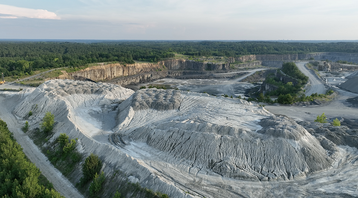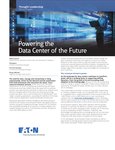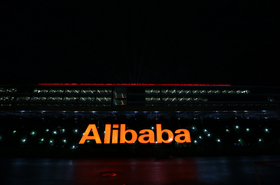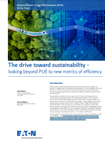Microsoft has signed another carbon removal deal with a company that uses crushed rocks to capture carbon out of rainwater.
Lithos Carbon this week announced Microsoft as a return customer, having signed a new, three-year agreement to permanently remove CO2 using enhanced rock weathering (ERW). Lithos Carbon’s newest agreement with Microsoft is for more than 11,400 metric tons of permanent carbon removal.
Natural rock weathering draws CO2 from the atmosphere, and ERW looks to mimic and speed up this process.
Lithos deploys basalt on croplands; rainwater then reacts with the silicate rock and traps the CO2 as bicarbonate while also releasing minerals that benefit the soil. The trapped CO2 works its way to rivers, eventually sequestering into the ocean.
“Microsoft has been a worldwide leader in sustainability and we’re thrilled to work with them as a backer of our catalytic, data-driven project,” said Lithos Carbon CEO, Mary Yap. “Our mission is to work alongside farmers to transform cropland into carbon capture centers and remove a billion tons of CO2 over a decade. This agreement represents a significant step in that direction with a commitment to increasing quantification and diligent measurement across large-scale commercial deployments. Our deal develops the system and technologies needed to scale outcomes-based carbon removal while responsibly stewarding our natural resources to enrich communities and agricultural land.”
Lithos Carbon has previously delivered 500 tons of carbon removal for Microsoft by deploying ultra-fine, organic-grade volcanic basalt rock dust on US farmland.
To date, Lithos Carbon has spread hundreds of thousands of tons of fine basalt rock dust in North America and is working with 100+ farmers more than nine states.
“Supporting innovative solutions is central to Microsoft’s carbon removal strategy,” said Brian Marrs, senior director of energy markets at Microsoft. “Lithos Carbon’s dedication towards continued improvements in rigorously quantified enhanced rock weathering systems and uncertainty reduction aligns with Microsoft’s pursuit of high-quality CDR projects, and we look forward to further advancements in enhanced rock weathering.”
Microsoft is aiming to be carbon-negative by 2030, and is pursuing this goal by signing renewable energy contracts en masse to power its operations, as well as investing in carbon capture and removal projects that can offset its historical emissions.
This is the third carbon removal deal Microsoft has announced this week, and the third involving ERW.
The cloud company this week announced a follow-on deal with Undo to remove 15,000 tonnes of carbon dioxide (CO2) from the atmosphere via ERW. The new announcement will see Undo spread 65,000 tonnes of crushed silicate rock across the United Kingdom (40,000 tonnes of basalt) and Canada (25,000 tonnes of wollastonite). This is the second deal Microsoft has signed with Undo.
Microsoft also announced a deal with Eion, which will deliver 8,000 tons of CO2 removal over the next five years through its own ERW process. The startup will deploy olivine on farmland in the Mid-Atlantic region after the Fall harvest.







